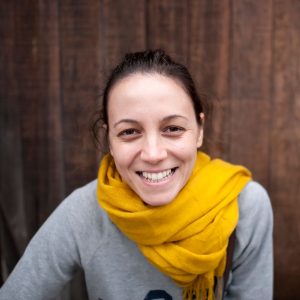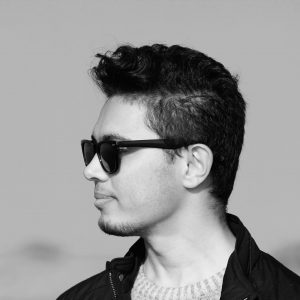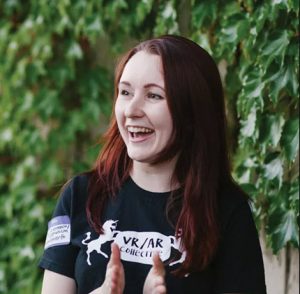The Showcase
All teams participating in the design challenge, their teachers, and their families are invited to a special celebration at the end of the challenge called The Showcase. We welcome you to join us on the University of Washington campus in Seattle to share your robot design, see other teams designs and meet experts in social robotics who will give you feedback on your designs.
Attending the showcase
The showcase will take place on March 24, 2018 from 3-5pm at the University of Washington in Seattle. RSVP here.
What to expect
During the showcase, each team will show off their robot. The format will be similar to a science fair. Each team will have a table. All team members will be invited to attend, we ask that 2-3 team members present to the judges.
During your time presenting, your presenting team will:
- Demonstrate your robot, what does it do, why is it special.
- Talk about your design process and what you learned about teens and stress.
- Answer questions from an expert panel and other attendees.
What to bring
- Your robot!
- A parent or guardian (or permission slip) – check with your school.
- An appetite for some yummy refreshments.
Who can attend
Any person who was involved in the design challenge: teen, teacher, advisor or school staff. Also, we welcome family members to attend to watch you present. This event is free and open to the public.
Expert judges

Maya Cakmak is an assistant professor in the Paul G. Allen School of Computer Science & Engineering. She directs the Human-Centered Robotics Lab where she studies human-robot interaction, end-user programming, and assistive robotics. He work aims to develop robots that can be programmed and controlled by a diverse group of users. Maya received her Ph.D. in Robotics (2012) from the Georgia Institute of Technology and her M.Sc. (2007) and B.Sc. (2005) degrees from the Middle East Technical University in Turkey. She is the recipient of an NSF CAREER award (2016) and a Sloan Research Fellowship (2018).

Sean Andrist is a researcher at Microsoft Research in the Perception and Interaction group. His research interests involve designing, building, and evaluating socially interactive AI technologies that are physically situated in the open world. He received his PhD from the Department of Computer Sciences at the University of Wisconsin–Madison..

Guy Hoffman is an Assistant Professor of Mechanical and Aerospace Engineering at Cornell University, and studies Human-Robot Interaction. His research includes the design and fabrication of collaborative and companionate social robots, with an emphasis on non-anthropomorphic robots. Over the last 15 years, he has designed a large number of social robots, including a robotic desk lamp, a robotic speaker dock, a socially expressive head for a robotic musician, a robot for smart home management, and most recently a handcrafted social robot that is flexible inside and out.

Sures Kumar is an interaction designer and a digital artist, specializing in speculation design. Currently, he works for Google’s Research and Machine Intelligence team. Previously, he has worked for Microsoft (Office Mobile) and Local Projects, NYC. Sures Kumar’s works have been exhibited internationally across various galleries, referred in academic books and featured in design magazines like Wired, The Verge, FastCoDesign, Core77, Arduino Blog, CNN, Creative Applications and Business Insider.

Eva has been working in VR for 3 years as a design researcher and community builder, and is currently exploring how we can build experiences that leave a positive impact on humans and our relationship to one another. Alongside her research, Eva is a fellow for the Women in XR Fund, where she connects female founders in emerging tech with mentors that help guide them through the startup journey.
